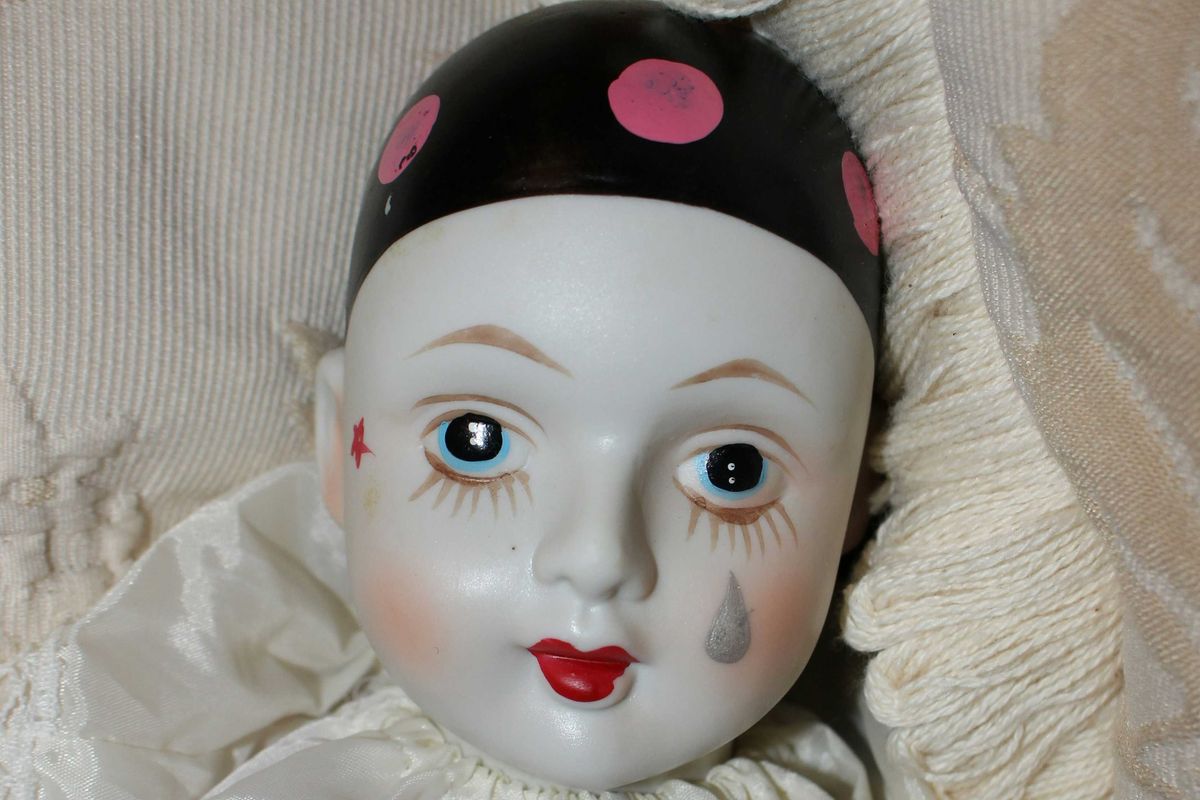6 states where the minimum wage and cost of living offer the best bang for your buck
The highest state minimum wage in the U.S. is now $16.28 per hour, but some cities are even higher.

State minimum wages range from $7.25/hr to $17.00/hr in 2024.
Public discourse about minimum wage and living wages has been ongoing for years, with people debating whether the government should mandate a minimum hourly pay for workers. President Franklin D. Roosevelt signed the first federal minimum wage law in 1938, setting the lowest wage a worker could be paid at 25 cents per hour. Nearly a century later, the federal minimum wage is $7.25/hr, holding steady since 2009, with people lobbying to raise it to at least $15/hr for over a decade.
However, in addition to federal law, each state has its own laws, a handful of which establish a state minimum wage higher than $15, a handful of which don't have a set minimum wage at all and everything in between. Cost of living has also been a hot topic as inflation has squeezed everyone's wallets and certain cities and states have become utterly unaffordable, especially for people in low-wage jobs or who who are just starting out in their careers. So how do minimum wage and cost of living correlate state-by-state? Are there any sweet spots with a high(er) minimum wage and low(er) cost of living?
While there’s no perfect storm of super low cost of living and super high minimum wage—for instance, Washington, D.C. has the highest state minimum wage at $17/hr, but housing costs 140% more than the national average—there are some states where the ratio is far more favorable than others. According to Insider Monkey, here are the top six states where you can get the most bang for your minimum wage buck.
6. New Mexico
The Land of Enchantment offers a relatively decent living for its $12/hr minimum wage thanks to the state's below average cost of living. According to Rent Cafe, housing in New Mexico is 8% lower than the national average, monthly utilities are 9% lower, food is 4% lower, transportation is 3% lower and healthcare, goods and services are 2% lower.
According to Smart Asset, Albuquerque, New Mexico ranks as No. 10 in U.S. cities where minimum wage goes the furthest.
5. New Jersey
The Garden State's relatively higher-than-average cost of living is counteracted by relatively solid minimum wage of $14.13/hr. Most of the cost of living in New Jersey is wrapped up in housing, which is 30% higher than the national average, according to Rent Cafe, and utilities, which are 12% higher. Goods and services are 5% higher, but healthcare is 2% lower than the national average. Food and transportation are 1% and 2% higher, respectively.
4. Connecticut
With both a cost of living and minimum wage slightly higher than New Jersey, Connecticut rolls in at No. 4 with a $15/hr minimum wage. Where the Constitution State hits hardest is in utilities, which Rent Cafe places at 30% higher than the national average, and housing, which is 24% higher. Healthcare and goods and services are both 9% higher, while transportation and food are just 1% and 2% above average.
3. Missouri
The Show-Me State says, "Show me the money!" with its somewhat respectable $12/hr minimum wage, which goes pretty far with its relatively low cost of living. Housing is the biggest cost benefit Missouri offers at 18% lower than the national average. But utilities, food, healthcare, and goods and services are also all below average, with only transportation landing right at the national average.
Additionally, St. Louis clocked in at No. 5 for a minimum wage real-world value of $13.68 when adjusting for the city's lower-than-average cost of living.
2. Washington
With the highest state minimum wage in the nation (unless you count Washington, D.C.), Washington's $16.48/hr puts it in second place when accounting for cost of living. Make no mistake, Washington isn't cheap overall, with a cost of living 15% higher than the national average. Housing and transportation hit hard at 29% and 27% higher than the national average, respectively. Healthcare is pricey as well at 20% higher than average. Food costs 12% more, but utilities clock in at 7% less than the national average.
Two cities in Washington hit the top 15 for highest real minimum wage value, though, with Seattle at No. 13 and Spokane at No. 2.

These six states offer the best minimum wage to cost of living ratio.
Created with mapchart.net
1. Illinois
If you want the best bang for your minimum wage buck, head to the Prairie State with its $13/hr minimum wage and 8% lower than average cost of living. Housing in Illinois is 22% lower than average and utilities are 10% lower. The only expense that comes in higher than average for Illinois is transportation at 3% above average, which isn't enough to keep it out of the top spot.
However, there are some minimum wage sweet spots in certain U.S. cities that aren't reflected in these state rankings. According to Smart Asset, Denver, CO, is the city where minimum wage goes the farthest in the nation. Colorado comes in at a respectable 7th place in state minimum-wage-to-cost-of-living ratio, but Denver has its own mandatory minimum wage of $18.29/hr.
A citywide minimum wage is part of what puts Seattle at the No. 13 spot on that same list. Seattle is one of the most expensive cities in the U.S., but its $19.97 minimum wage for most workers changes the ratio in its favor.
Other cities in the top 10 include Buffalo, NY; Minneapolis, MN; Tucson, AZ; St. Paul, MN; Phoenix, AZ and Stockton, CA.
The minimum wage conversation may vary widely across the U.S., with different costs of living and different state laws on the books. But if you're looking to move someplace where your wage will go the furthest, these six states will likely be your best bet to check out first.
This article originally appeared last year.
- Paycheck for a McDonald's worker is very small. - Upworthy ›
- Economist says that the U.S. minimum wage should be $26 and proves it with a simple chart ›
- Australians have some wonderfully Aussie thoughts about the American minimum wage ›
- Study ranks U.S. states by living wage for family of four - Upworthy ›
- Woman living in her car for 600 days has zero regrets. Here's how she does it. - Upworthy ›
- Boomers and Gen Xers share what they could buy with a quarter. - Upworthy ›
- Two states dominate the 2026 'Best Places to Retire' list, but the top city isn't in either of them - Upworthy ›



 Each of those arms has its own brain?
Each of those arms has its own brain?
 Homemade granola bars with chocolate chips – perfect for a delicious snack!
Homemade granola bars with chocolate chips – perfect for a delicious snack! Refresh with a healthy green juice boost.
Refresh with a healthy green juice boost. Making fresh orange juice in the kitchen. 🍊
Making fresh orange juice in the kitchen. 🍊 Be careful with supplements.
Be careful with supplements.
 A man being licked by a golden retreiver.
A man being licked by a golden retreiver.  A dog's tongue close-up.
A dog's tongue close-up.  A golden retreiver getting their teeth brushed.
A golden retreiver getting their teeth brushed. 
 A white porcelain doll with a tear stain. Photo by
A white porcelain doll with a tear stain. Photo by 